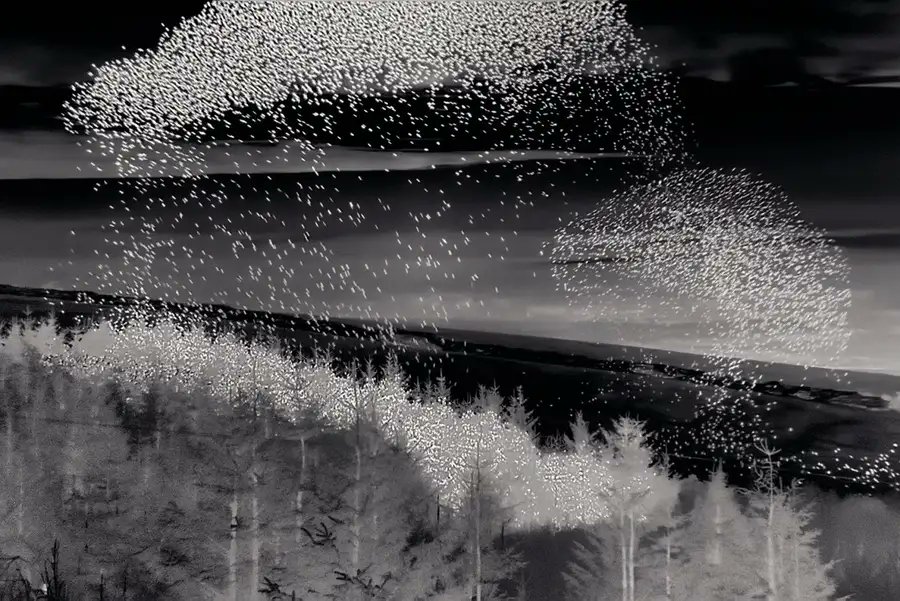In this week's issue: A radical new theory suggests wrinkles may be a cause of aging not just a symptom
Grab a copy in stores today or download our app for audio and digital editions
newscientist.com/issue/3432/
Grab a copy in stores today or download our app for audio and digital editions
newscientist.com/issue/3432/

Fifty years ago, Bernard Carr wrote in New Scientist about the mounting evidence for black holes. Now, evidence for these objects is incontrovertible, and Carr is back writing for us – this time about black holes older than the universe
newscientist.com/article/mg2573…
newscientist.com/article/mg2573…
In a lifetime of tree climbing, Nalini Nadkarni has helped expose the secrets of cloud forests – and as the perils now facing them
newscientist.com/article/mg2573…
newscientist.com/article/mg2573…
Forget vanity, there's a much better reason to want to banish wrinkles - a new theory suggests skin ageing is causing more widespread ageing throughout your body and brain
newscientist.com/article/236609…
newscientist.com/article/236609…
Were you fooled by these AI-generated images of Pope Francis looking stylish in a puffer jacket? And should what some are calling “the first real mass-level AI misinformation case” be a cause for concern?
newscientist.com/article/236631…
newscientist.com/article/236631…
Cancer is on the rise among younger people in many countries and for many different tumour types: what could the causes be?
newscientist.com/article/236656…
newscientist.com/article/236656…
Carl Sagan's novel Contact, in which Ellie Arroway searches for alien intelligence, has been an inspiration and a guide, says @IBJIYONGI
newscientist.com/article/mg2573…
newscientist.com/article/mg2573…
Poor diet is the biggest cause of avoidable illness and premature death in high-income countries. Our food system is broken, say @HenryDimbleby and @gemimsy
newscientist.com/article/mg2573…
newscientist.com/article/mg2573…
These images from a companion book to David Attenborough's new documentary series #WildIsles celebrate the wildlife of Britain and Ireland
newscientist.com/article/mg2573…


newscientist.com/article/mg2573…



Sarah Hart's engaging book about how central maths is to literature by authors from George Eliot to Georges Perec is a homage to both subjects
newscientist.com/article/mg2573…
newscientist.com/article/mg2573…
Many people feel an uncanny "presence" when no one is there. Ben Alderson-Day explores why this is, in a lively and comprehensive book
newscientist.com/article/mg2573…
newscientist.com/article/mg2573…
It would be the ultimate in personalised medicine: a digital version of your body, which doctors could use to predict what diseases might befall you and your future health. A new book from Peter Coveney and Roger Highfield asks if it is possible
newscientist.com/article/mg2573…
newscientist.com/article/mg2573…
Feedback explores hypergunk, one of the concepts behind irreducibly collective existence and bottomless nihilism, and gets involved in the war going on in the nasal cavity
newscientist.com/article/mg2573…
newscientist.com/article/mg2573…
Nestled within the faintest of the zodiacal constellations, the Beehive cluster can be tricky to find, but these stars are worth the effort, says @abbybeall
newscientist.com/article/mg2573…
newscientist.com/article/mg2573…
• • •
Missing some Tweet in this thread? You can try to
force a refresh

 Read on Twitter
Read on Twitter








